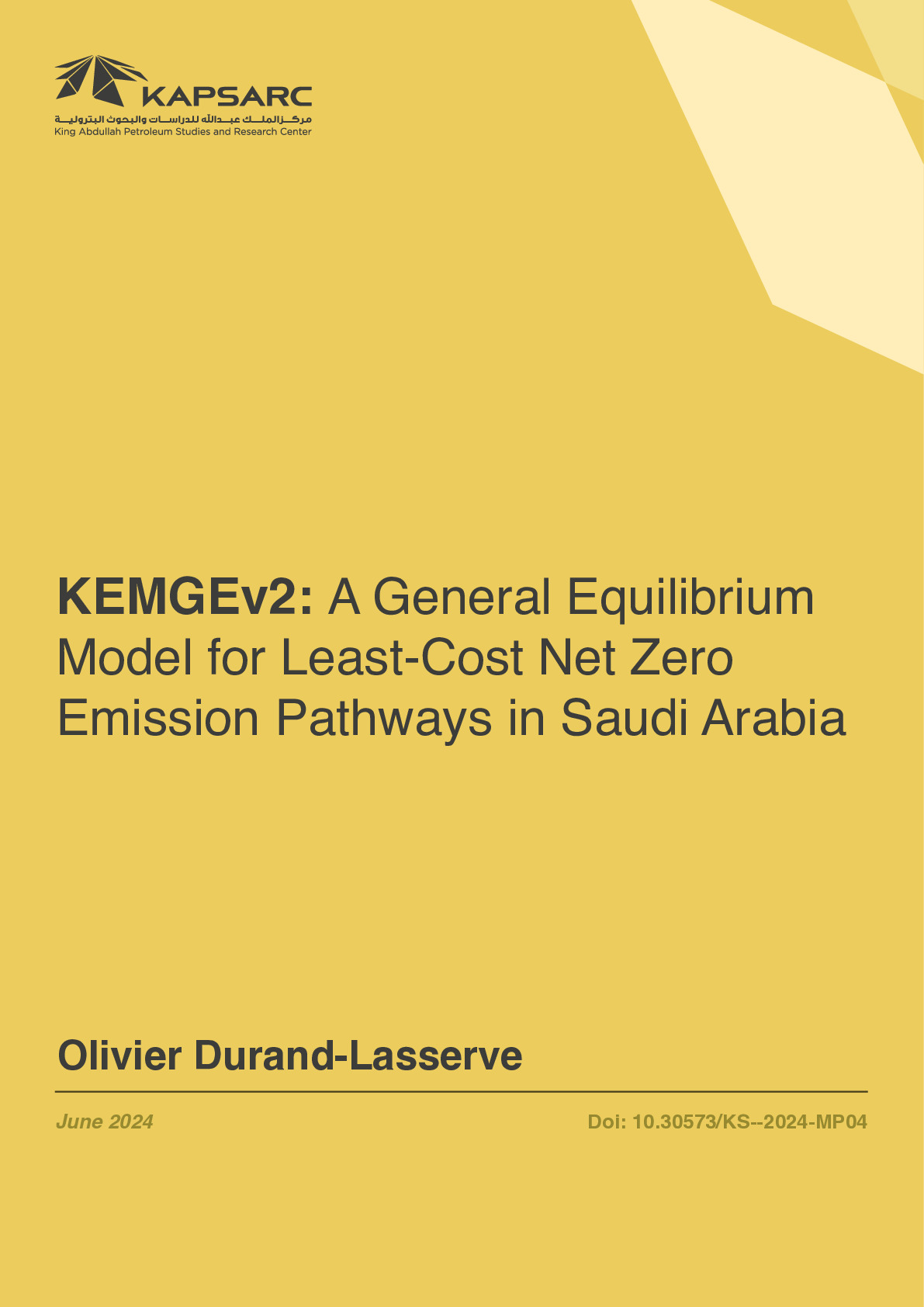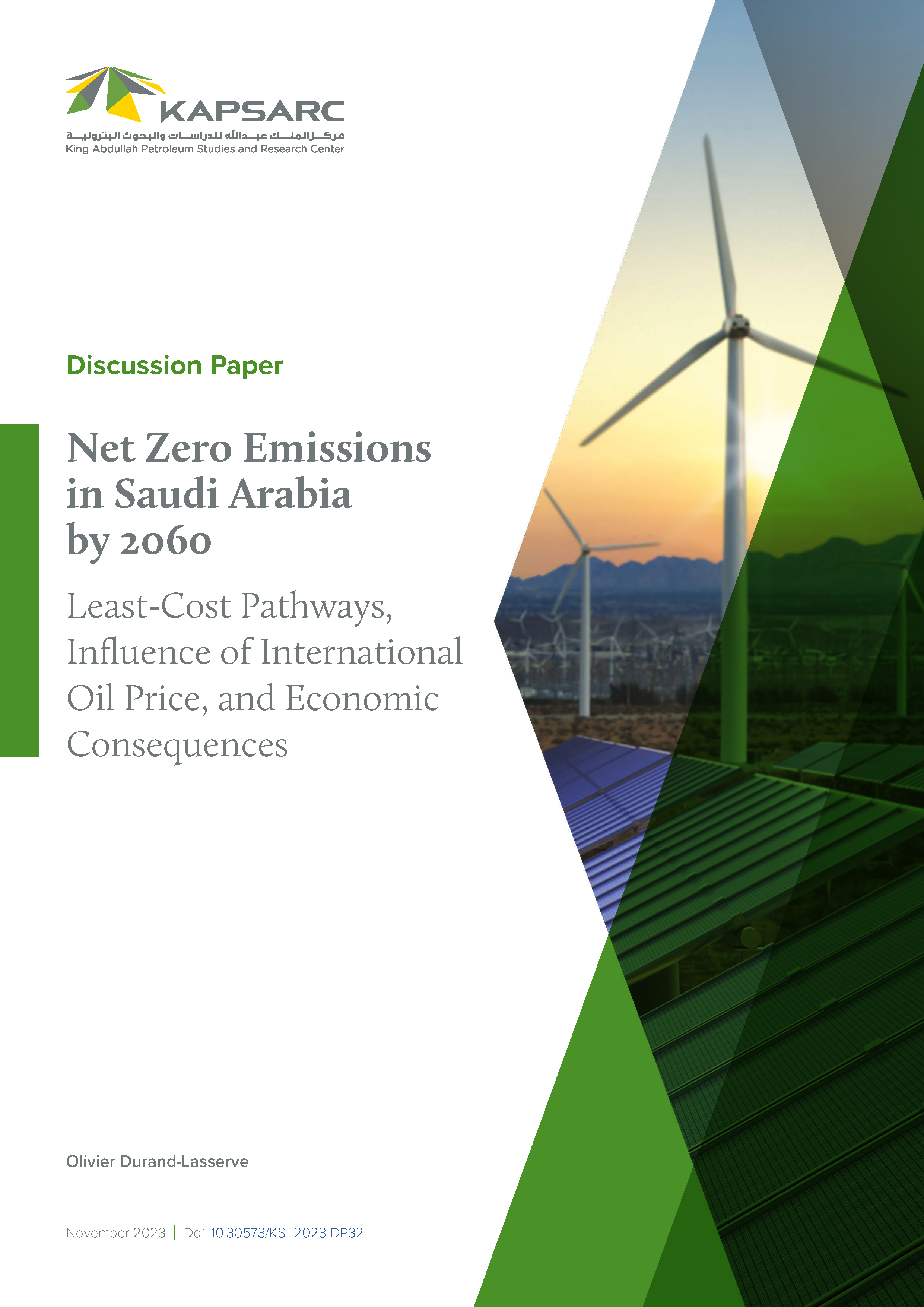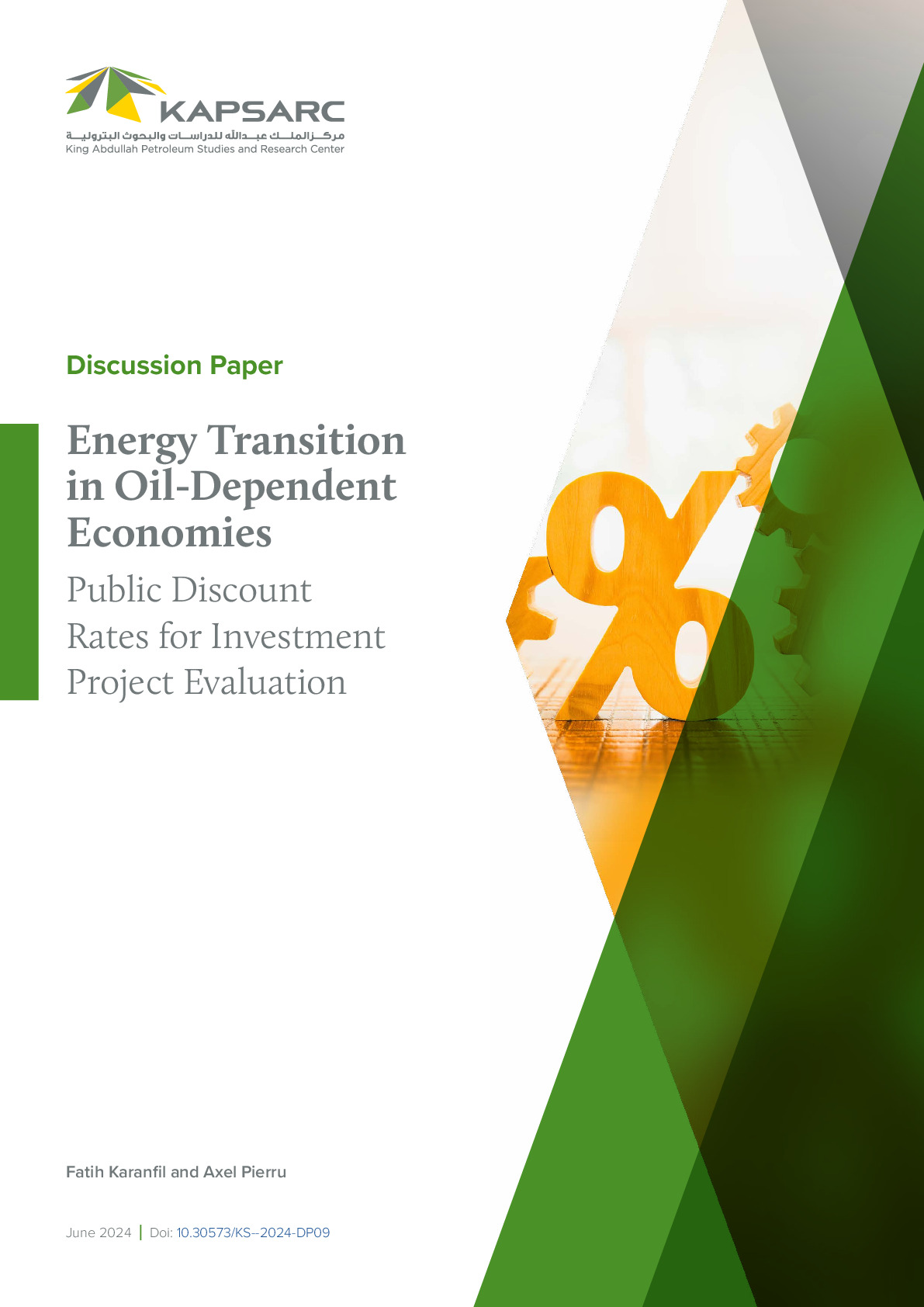In a Computable General Equilibrium (CGE) setting, we show how the cost of a carbon policy for an open economy depends on the assumptions made about future exogenous structural changes. For dynamic CGE models, we propose an analytical framework derived from static CGE models and associate structural changes with the construction of a non-stationary dynamic Social Accounting Matrix (SAM). Such matrices are benchmark scenarios that embed the modelers view on how technologies and preferences should evolve. These benchmark scenarios must be replicable and relevant (by matching what the modeler regards as plausible). To combine these two properties and produce alternative benchmark scenarios, we use partial parameter adjustments and general equilibrium computation. We produce three alternative benchmark scenarios that differ in terms of energy efficiency gains and structural shift in GDP. For each benchmark scenario, we then simulate the GDP deviation induced by a shock on carbon price. We show the dependence of the simulated GDP losses and terms of trade response on the benchmark scenario considered
Authors: Olivier Durant-Lasserve, Axel Pierru and Yves Smeers






